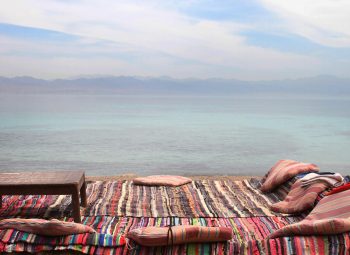Image credit: Lê Minh
The Addiction and Abuse Prevention and Treatment Fund, headed by Dr Nevin Al-Kabbaj, Minister of Social Solidarity, has just announced the start of the “Tewsal Bel Salama” initiative. In collaboration with the government, it seeks to educate drivers to increase awareness of the programmes offered by the “16023” Drug Control and Prevention Hotline. These range from providing free and fully confidential care for addiction victims, providing clinical guidance and follow-up on cases subject to treatment, and eventually providing advice to families on early warning strategies and how to cope with them.
Assistant Minister of Solidarity and Director of the Addiction and Abuse Treatment Fund, Amr Othman, stated that the initiative also seeks to recognise stereotypes of substance use by people most vulnerable to medication. Those include drivers and workers who think drugs enhance memory and help suppress pressures, and that pills give the motivation to focus on driving and other work-related tasks.
The fund was established in 1991, with a mission and action plan that started with the Government’s Official Plan to eradicate substance abuse and addiction of citizens in Egypt, and return it to a safe, healthy, and active society. The main vision of the fund is to “reduce the spread of drugs in Egyptian society, by presenting its citizens with understanding, awareness, and lifestyle techniques that allow them to confront the urges and risks of drugs, so that its efforts are connected with all facets of government in order to minimise the need for the use of drugs and avoid it in a thorough, stable and reliable”.
These are the aims of the fund:
- Supporting the role of the educational curriculum for the prevention of smoking and addiction, by including an educational component.
- Providing support services for free treatments and rehabilitation for addicts.
- To involve young people and activate their role in prevention efforts.
- Focusing on the family as a key input to protect youth from smoking and abusing drugs, supporting the family’s role in this and relying on community dialogue.
- The mobilisation of key stakeholders and partners such as the ministries of Health, Justice, Interior, Education, and others, as well as civil society organisations concerned with this field which can enhance the initiative in this regard.





